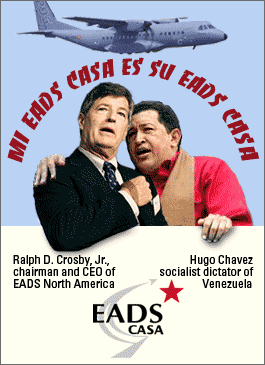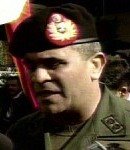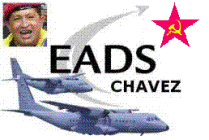
Venezuela's huge government sector, with a combination of huge oil revenues, massive spending and corruption, has created a new wealthy class that's buying expensive cars, yachts, aircraft - anything luxurious and almost always in cash.
The Miami Herald reports that the "bolibourgeoisie," the Bolivarian revolution's new rich, is spending money so fast that car dealers can't keep up with demand.
Record oil prices "and Chavez's efforts to weed out old money, which has generally opposed his policies, have opened the door for
a new class of rich here -- bankers, oil contractors and others who have profited mightily from lavish government spending.
"Analysts say these nouveau riche are concentrated in the oil, finance, construction and government service industries, and that their riches likely come from their ties to a state overflowing with money as the world's fifth-largest oil exporter.
"
This wealth can only be explained by their connection to the government, because they became rich very quickly," says a former Central Bank official.
"They buy everything: watches, bags and pens, whatever," says a Montblanc store employee at a high-end Caracas mall. "
And they only use cash, especially the military."
"But the boom has been accompanied by allegations of massive corruption, as it was in the 1970s," correspondent Steven Dudley reports from Caracas.
The former Central Bank official alleged in 2005 that corruption in the state-owned PDVSA oil company is so rampant that $4 billion has disappeared.
















